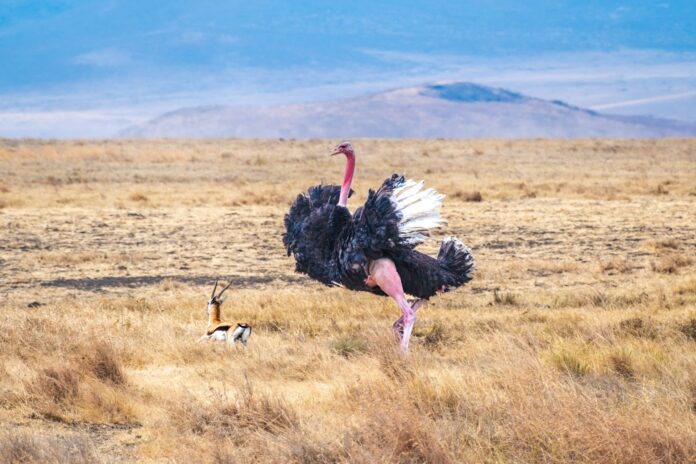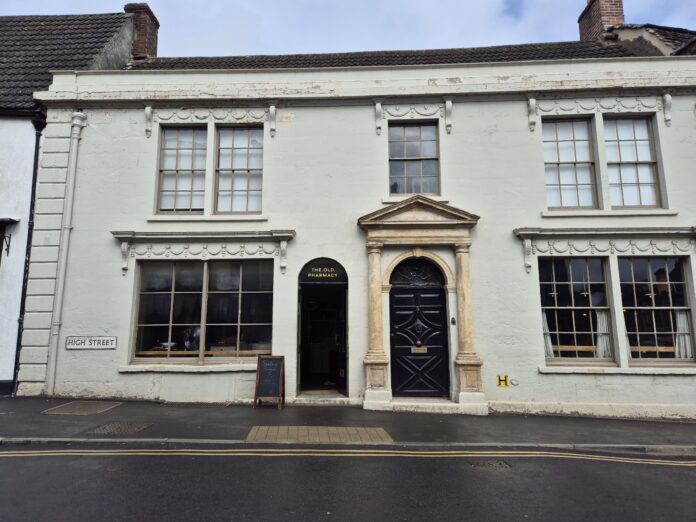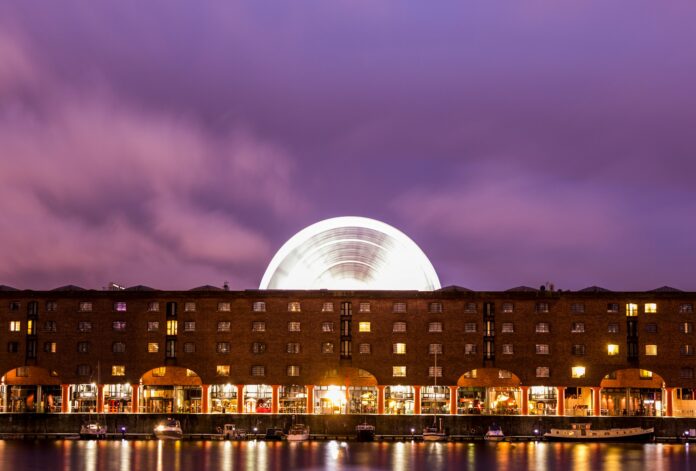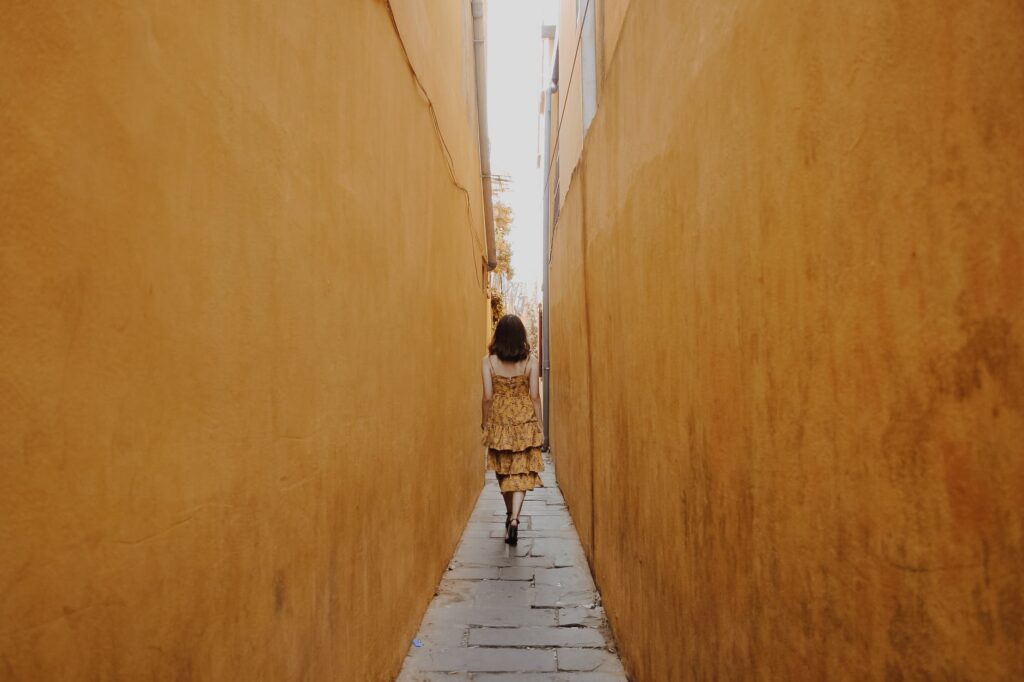
It’s hard to imagine how travel might look when this thing’s all over, but we can be sure of this; it will certainly be different. And by ‘this thing’ we, of course, mean the global pandemic, which has wreaked havoc on the travel industry and forced a rethink into how we do things in the future.
Indeed, it’s been said that the economic impact of the coronavirus could set back the travel industry 20 years. But when the dust has settled, consumers and companies alike will hopefully see this as an opportunity to embrace a more wholesome, less environmentally damaging way of doing things. With that in mind, here are 5 ideas for smarter, more sustainable post-pandemic travel.
MORE STAYCATIONS
Following foreign travel restrictions due to the pandemic and that blasted Brexit making continental travel a lot less convenient (yep, it’s still hanging over us), we’re set to see a revival of the Great British Holiday as staycations soar.
And for the sake of our planet, that’s a very good thing. Enjoying a staycation instead of a vacation somewhere far away helps to reduce your own impact on the environment and set a good example to others, too.
Staycations surged in popularity during the 2007 financial crisis and its aftermath, and similar to now, many people didn’t have the money to spend on expensive holidays abroad. While we hate to echo the news, we’re facing the worst economic downturn since the 1930’s Great Depression. So staying put and seeing what the UK has to offer also makes financial sense.
Fortunately, the UK has some stunning countryside and incredible coastline just perfect for exploring. We expect we’ll all be seeing much more of it in the future.
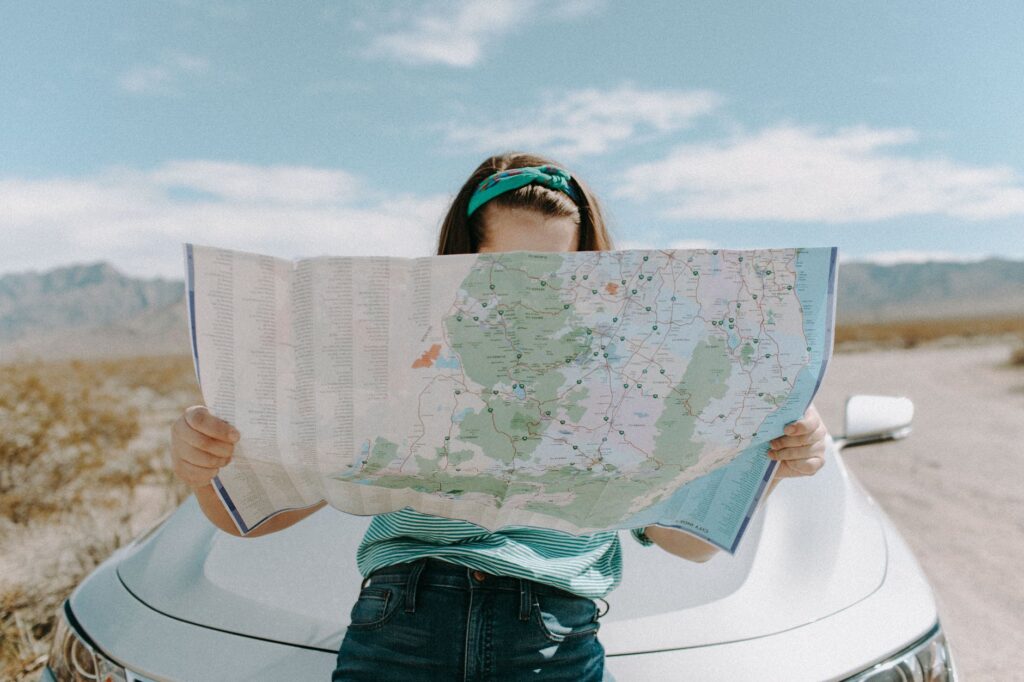
RETHINKING FLYING
Rumour has it that there’s some incoming turbulence for the price of airfares. It’s been predicted that aviation won’t return to pre-pandemic flight and customer levels until 2022, 2023 or even further. And as airlines implement greater biosecurity measures and ramp up cleaning on aircraft, prices could increase.
We’ve all seen the photos of near-empty flights this year. But perhaps this is something to be embraced? Travelling more sustainability is one of the best ways consumers can reduce their carbon footprint, so expect a rethink of flying in the years to come. With higher fares, fewer flight routes and airlines potentially having to wait until they’re sold out before they can leave the airport, some experts believe we’ll be flying just once a year, on average. Personally, for the environment’s sake, we think this is welcome news.
INVESTING IN SLOW TRAVEL
As we’ve all gotten used to a slower pace of life, of taking more pleasure in the simple things and keeping grounded in our consumption habits, there’s never been a better time than now to invest in slow travel. But what is slow travel?
Tom Barber, co-founder of Original Travel, tells the Independent that “In its simplest form, slow travel means travelling by particular modes of transport, such as train, horse, walking, biking and boating… It’s all about appreciating the landscape as you go, and being at one with it – which you don’t get by flying or driving when you’re seeing everything from behind a pane of glass’’.
Sounds brilliant to us. And speaking of rethinking flying, canal holidays are the perfect example of a slow travel holiday. In fact, there have been reports of a huge boom in consumers showing interest in boats for sale, both here and abroad. To enjoy that connection with the terrain, the terroir and of course, the tides, this slower paced form of holiday sounds fitting as travellers seek to minimise their flights and the hours spent burning fuel and time in the car.
For similar reasons and at a similar pace, we can’t wait to see glamping continue its exponential rise in prevalence in the coming years. We’ll see you under the canvas!

RESPONSIBLE TRAVEL
Inequality has only been exacerbated by the global pandemic, with the World Economic Forum reporting that 3 in 4 households globally suffered a decline in income in 2020. Of course, with a global economic system fixed towards helping the few not the many, income inequality is also soaring, between countries as well as people.
Should you be keen to travel again in 2021, it’s more imperative than ever that tourists consider the impact they’ll be having on the community they’re visiting, and make efforts to ‘give back’ wherever and whenever they can. Check out the Guardian’s top travel tips on 10 of the best ethical holidays for some great ideas on doing just that.
You can also aim to prioritise travel companies who strive for ‘zero waste’ flights; British Airways, Qantas and Ethihad are just a few airlines who have pledged this in recent years.

WFH: WORKING FROM HOLIDAY
Why work from home when you could work from holiday?
Working remotely has become the norm during the pandemic, and it’s likely to stay that way for the foreseeable future. A knock-on effect, we think, is that people will look to take longer trips in the future that more effectively combine work and pleasure. Now many offices have streamlined their physical presences, and so much work is conducted remotely, we can’t wait to use 2021 to #wfh (that’s work from holiday) and fire off our emails from sandy beach. Provided its got wifi, that is!
No longer confined to five days a week in an office and desperate for a change of scene from the new, already staid Working From Home (WFH) existence, we’ll see a significant rise in the ‘Workcation’, with travellers looking to extend their vacation experience in new locales by staying an extra week or two to work remotely – or conversely factoring in a holiday around a stint of remote working. Expect laptops to become even more of a mainstay in luggage than ever before, and an attractive spot on which to run them a must-have when choosing where to stay.
We also anticipate that AirBnb and other accommodation rental platforms begin pushing home/office setups abroad with zeal. As a result, expect the recent years’ trend of digital nomadism to continue to rise exponentially once travel is once again properly permitted.
We’ll see you under the palm tree?


